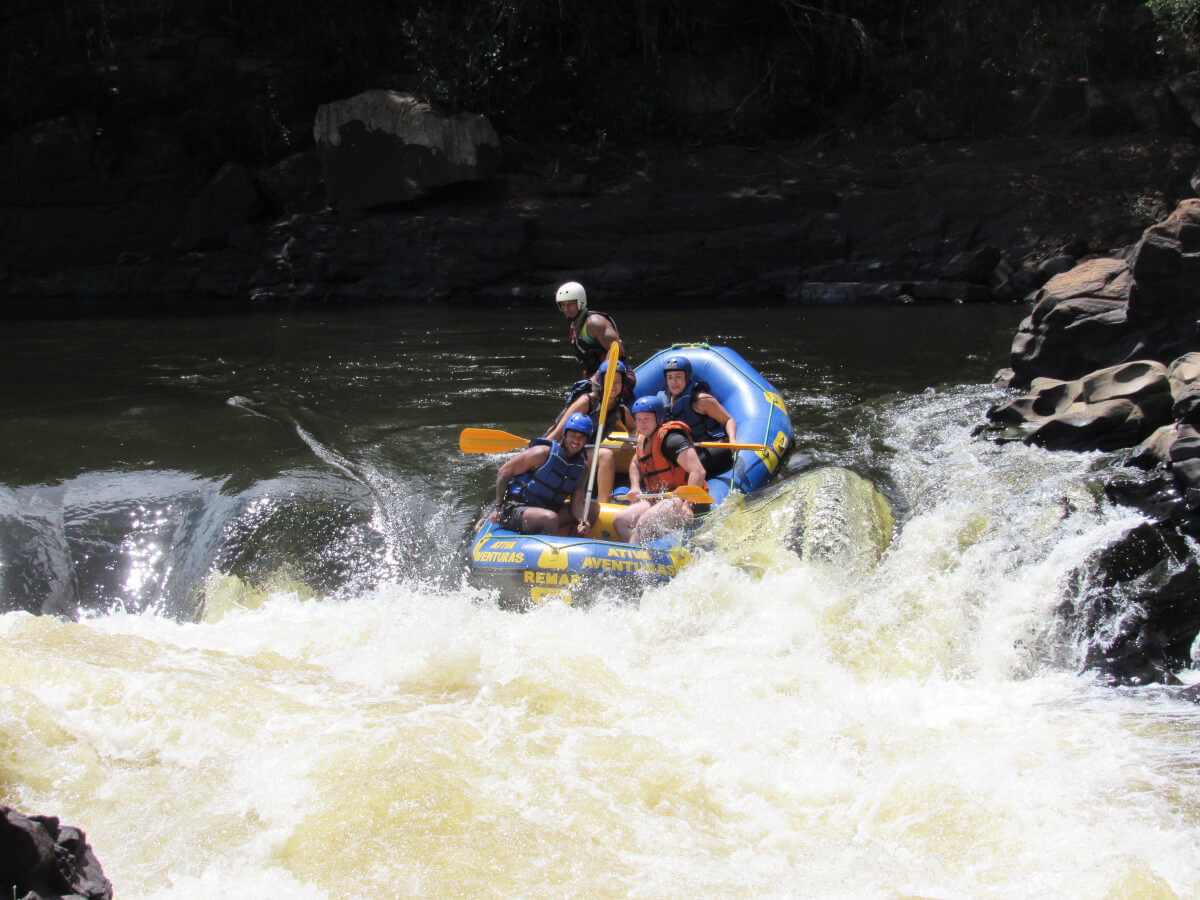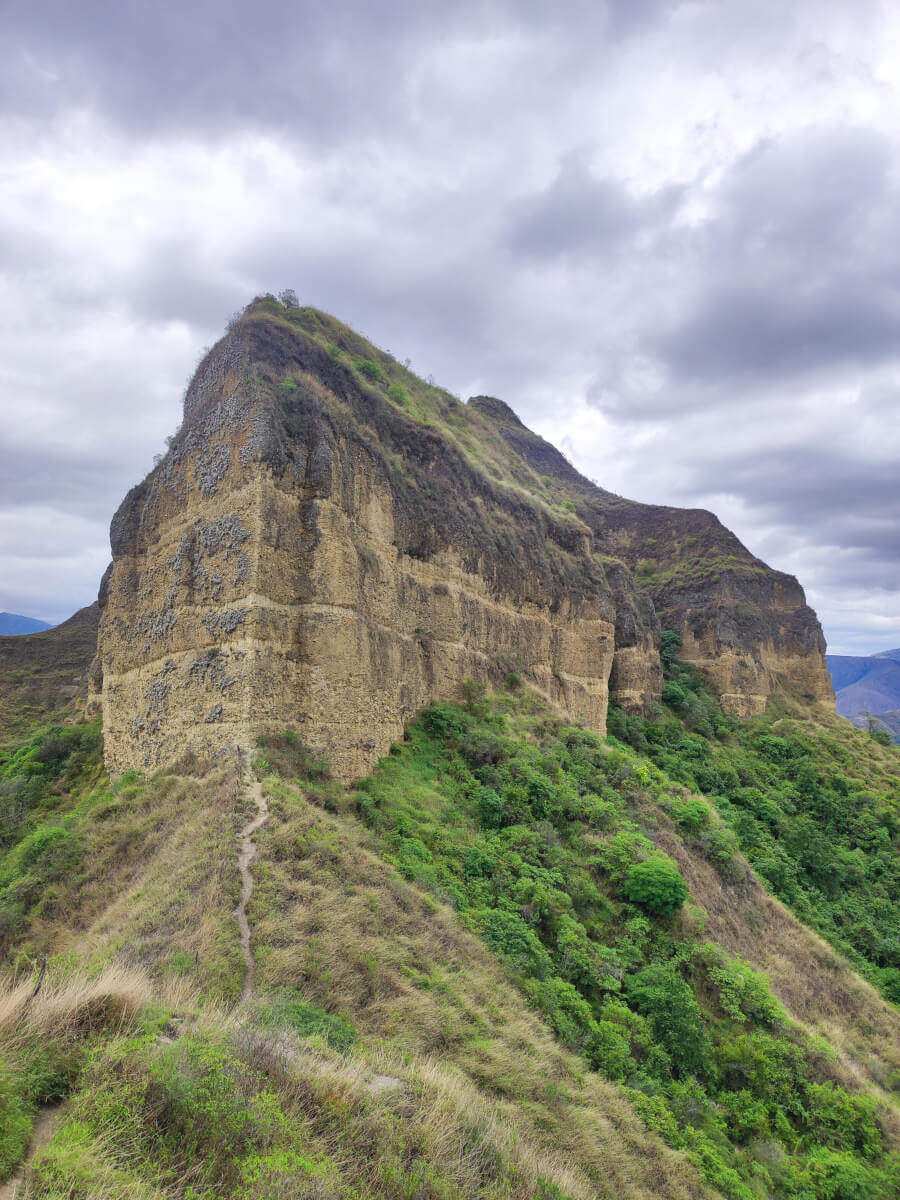As we become more conscious about the condition of our planet, it is essential to discuss how ecotourism benefits it. This type of tourism has become more popular, mainly among the new generation. In this article, we will explore the benefits that ecotourism can bring to travelers and the places they visit.
My goal is to raise awareness about this type of tourism so you can be more conscious about it and talk to your friends and loved ones.
More travelers are aware of climate change, so they believe sustainable travel benefits the world. They are also becoming more environmentally conscious as they recognize the side effects of mass tourism.
Ecotourism is a great way to prevent mass tourism due to its policies developed to preserve the environment first. Traditional tourism tends to focus on revenue, packing the maximum number of tourists into a place without concerns about destroying the environment.
Keep reading if you are ready to dive into the benefits of ecotourism, such as preserving and caring for natural resources.
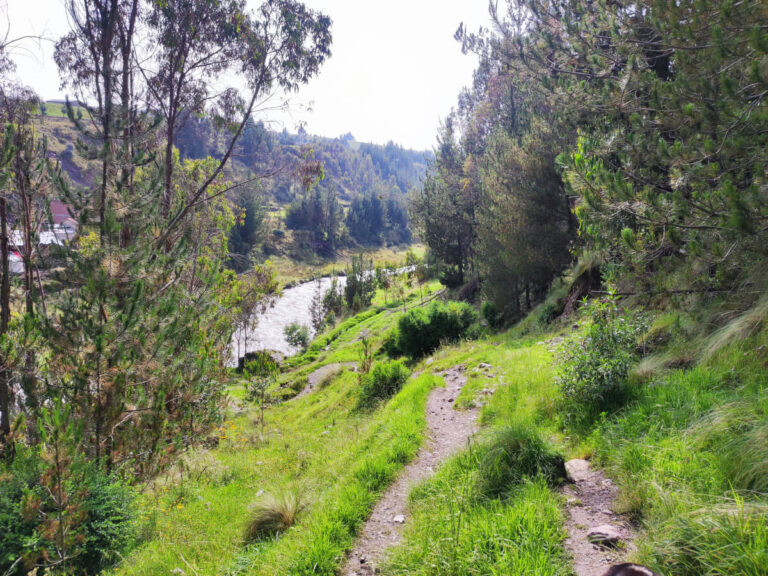
Table of Contents
Environmental Benefits
Ecotourism helps conserve natural resources, which has many environmental benefits. By focusing in untouched and unspoiled places, local communities can benefit from sustainable travel. In addition to promoting an enjoyable experience for travelers and hosts, it raises awareness of the environment and culture.
Preservation of Natural Habitats
By directing revenue towards conservation efforts, ecotourism helps maintain natural environments on which wildlife depends.
For example, in Costa Rica, a country known for its rich biodiversity, ecotourism has significantly contributed to the protection of rainforests, leading to the preservation of numerous plant and animal species.
Ecotourism initiatives often involve local communities in conservation activities, promoting a collective responsibility towards protecting the environment.
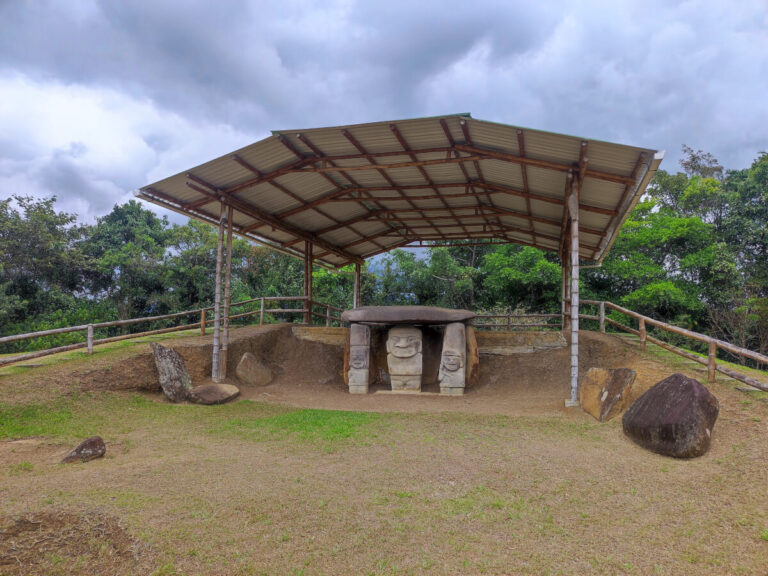
Carbon footprint reduction
One of the most important benefits of ecotourism is minimizing the carbon footprint associated with travel. Choosing eco-friendly accommodations and transportation options helps reduce gas emissions.
Many ecotourism operators prioritize low-impact activities like hiking, biking, and canoeing over motorized tours.
Volunteers can also contribute by joining programs that support renewable energy projects and reforestation efforts, making their trips more sustainable while connecting with the local community.
Promotion of sustainable practices
Ecotourism encourages the adoption of sustainable practices that benefit both the environment and local communities. After traveling through South America for 14 months, I realized that many people need to learn about the impacts of climate change and trash collection.
Raising awareness of sustainable practices is crucial, especially in developing countries like Peru and Bolivia.
From water conservation to waste reduction, ecotourism operators can implement various eco-friendly measures to minimize their environmental impact. For instance, many eco-lodges use renewable energy sources, such as solar power, as prices have decreased significantly in the last decade.
Places that engage in recycling programs also promote the use of biodegradable products. By staying at such places, you reduce your environmental footprint and support businesses committed to sustainability.
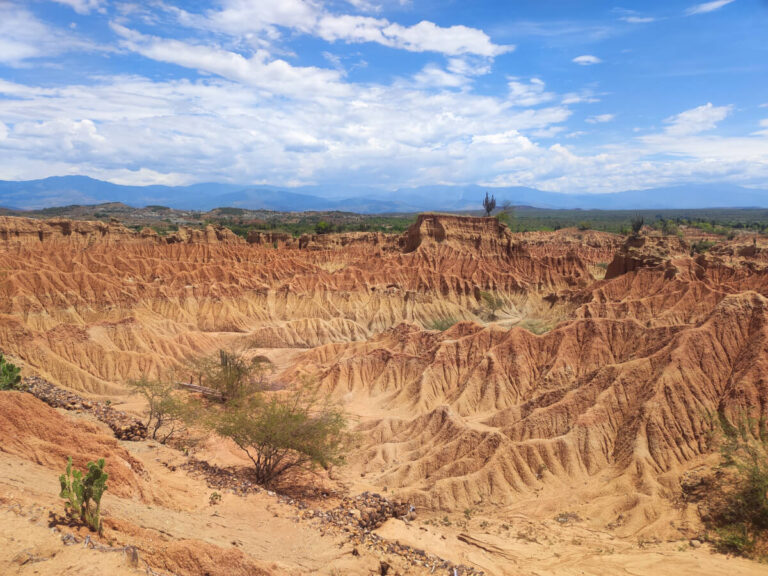
Economic Benefits
Ecotourism can be a vital source of income for local communities, particularly in rural or underdeveloped areas. By employing local guides, purchasing local products, and utilizing local services, Ecotourism helps to ensure that the economic benefits of tourism are distributed among the local population.
Support for local economies
Exploring untouched areas is a highlight of ecotourism’s benefits, and the local communities can benefit in many ways from this exchange. The revenue generated can help improve the place’s infrastructure and support the workers involved in its preservation.
When you visit an untouched area, the money you spend on local accommodations, food, guides, and souvenirs benefits the local community.
In addition, the local community benefits from the cultural exchange with their visitors. There’s always something to learn from the person you are interacting with.
Job creation
As ecotourism grows, the opportunities for this type of tourism also grow. Increasing efforts to create sustainable experiences requires workforce, so one of the most direct economic benefits of ecotourism is job creation.
Ecotourism activities often require diverse services, including guides, drivers, staff for accommodations and restaurants, and conservation workers.
This demand creates numerous employment opportunities, particularly in rural or underserved areas of developing countries, where locals might struggle to make ends meet.
These jobs not only improve the livelihoods of individuals but also strengthen the community’s economy.
Investment in local infrastructure
The revenue generated by ecotourism can be used to boost investments and improve the local infrastructure. This results in improvements in the quality of life for residents and activities for travelers.
Development and road maintenance, healthcare facilities, and schools are part of the benefits brought to the community. For visitors, these improvements can show up in the infrastructure of the accommodations, tours offered in the area, and equipment to teach sustainable practices.
Such investments make destinations more attractive to tourists and ensure that local communities benefit from improved facilities and services.
Social and Cultural Benefits
In this section, we explore the social and cultural benefits of ecotourism. During my travels, I always enjoy the cultural exchanges with the locals. The fact that ecotourism praises the deep connection with the local culture makes me happy and satisfied with the enrichment I get from my experiences.

Cultural exchange
Ecotourism promotes meaningful cultural exchange between travelers and local communities. Visitors learn about and experience the traditions, customs, and daily lives of the people in the regions they visit.
This exchange creates a feeling of mutual understanding and respect, helping to lower cultural gaps. Additionally, ecotourism helps preserve cultural heritage by providing financial support for cultural activities and sites.
For example, in Peru, ecotourism initiatives support indigenous communities in maintaining their traditional practices, crafts, and festivals, ensuring these cultural characteristics are passed down through generations.
Community Empowerment
Local communities involved in planning and managing tourism activities can empower themselves by ensuring that tourism’s benefits are equally distributed.
Local voices need to be part of the decision-making processes in the area. In many regions, like the Chapada Diamantina in Brazil, community-based ecotourism projects have successfully given residents control over tourism development.
The events and activities provided by the local community in Chapada are proof of the empowerment offered by ecotourism. Despite more work to do, the area is passing by a slow but steady growth.
Read about more activities in Chapada Diamantina:
Benefits for the traveler
Now it is time to talk about you, the traveler, the ecotourist. Let’s explore the benefits of ecotourism activities for you.
Our environment should always come first when we travel and visit nature.
Still, it is important to discuss the benefits for us as our interactions with the environment and ecotourism are likely to grow over the years.
The beautiful thing about learning is nobody can take it away from you.
B. B. King
Better Travel Experiences
Trust me, one of the best experiences traveling is when you can deeply connect with local culture. While doing the main touristy things can also be nice, the experience is more authentic and rich when the interactions are more genuine.
Ecotourism gives plenty of opportunities for travelers to interact with locals more naturally. Something that might be different while doing mainstream activities where most people you interact with are also tourists.
Activities such as guided nature walks and community visits are not just experiences, but educational opportunities. For instance, a tour through the Amazon rainforest offers the chance to see diverse wildlife and learn about indigenous cultures and their relationship with the environment.
These experiences will leave you with lasting memories and a deeper appreciation for our natural environment.
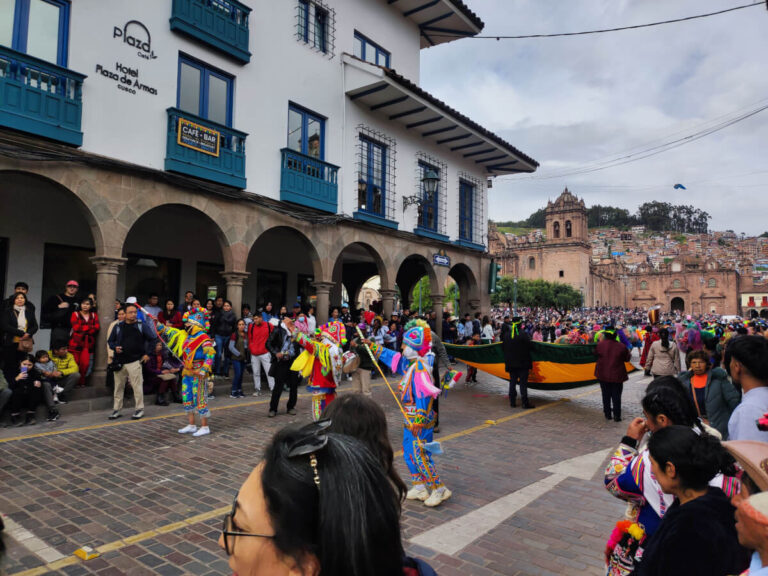
Increased Awareness and Education
One of the most significant personal benefits of ecotourism is the increased awareness and education it provides. Ecotourism often includes educational details about environmental conservation, cultural heritage, and sustainable practices.
Through interactions with local guides and communities, you can gain insights into the challenges and successes of conservation efforts and learn new techniques that you can bring back home.
Once in Colombia, I learned the process of coffee making, and it was eye-opening. I had no clue about the amount of work involved in creating this product for us. Being part of the entire process gave me a great feeling of appreciation for all those involved in the coffee fabrication.
Another example is meeting people in developing countries who have little, sometimes even no food for the day. Many of them were always smiling and positive about their lives. Even though they don’t have much, they have each other to rely on and find a solution together.
This made me reflect a lot about what’s really important in our lives: money and goods for a good quality of life or people who truly love us even though our financial situation is not ideal.
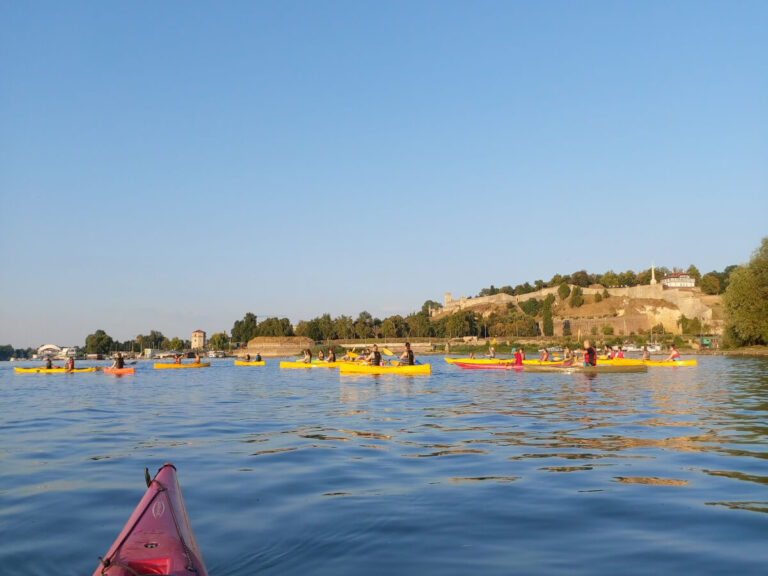
Positive Impact on Personal Well-being
Spending time in nature has been shown to reduce stress, improve mood, and improve overall mental health.
Ecotourism activities such as hiking, bird-watching, kayaking, and camping offer physical exercise and relaxation opportunities, contributing to your health.
In addition, the sense of fulfillment that comes from supporting conservation and community projects can boost your emotional well-being.
Imagine returning home feeling rejuvenated and inspired because you made a positive difference in a community.
Conclusion
This article described the benefits of ecotourism for both hosts and guests. If you leave this page with more knowledge about these benefits, my mission will have been completed successfully.
If you want to learn more about ecotourism, check out this article describing the main characteristics of an ecotourist. To learn about the main activities involved in ecotourism, read this article.
Thanks for reading this article. Feel free to comment about your experience with ecotourism or add another benefit that might be missing from the list.
Enjoy your life!!!






